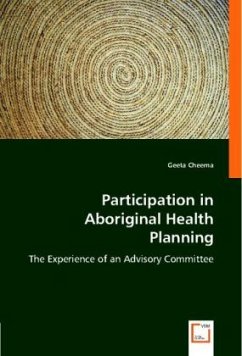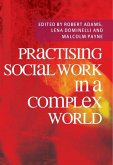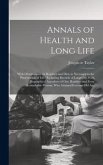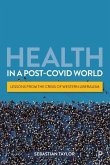Within British Columbia and Canada-wide, Aboriginal peoples consistently suffer poorer health than their non-Aboriginal counterparts. This gap in health status is an enduring legacy of colonialism, sustained by the continuing marginalization of Aboriginal peoples. While the determinants of Aboriginal health are broad, government has acknowledged that Aboriginal participation in healthcare planning contributes to Aboriginal health improvement. There is, however, a dearth of information on how to meaningfully engage Aboriginal peoples in health planning.
Through a case study of an Aboriginal advisory committee, this book offers insight into factors that influence meaningful participation in Aboriginal health planning. Strengthening accountability relationships and employing Aboriginal population health approaches are suggested means by which meaningful participation can be actualized. The research findings emphasize the importance of genuine relationship building, and will be of interest to practitioners and scholars seeking to bridge the divide between Aboriginal and non-Aboriginal peoples.
Through a case study of an Aboriginal advisory committee, this book offers insight into factors that influence meaningful participation in Aboriginal health planning. Strengthening accountability relationships and employing Aboriginal population health approaches are suggested means by which meaningful participation can be actualized. The research findings emphasize the importance of genuine relationship building, and will be of interest to practitioners and scholars seeking to bridge the divide between Aboriginal and non-Aboriginal peoples.








